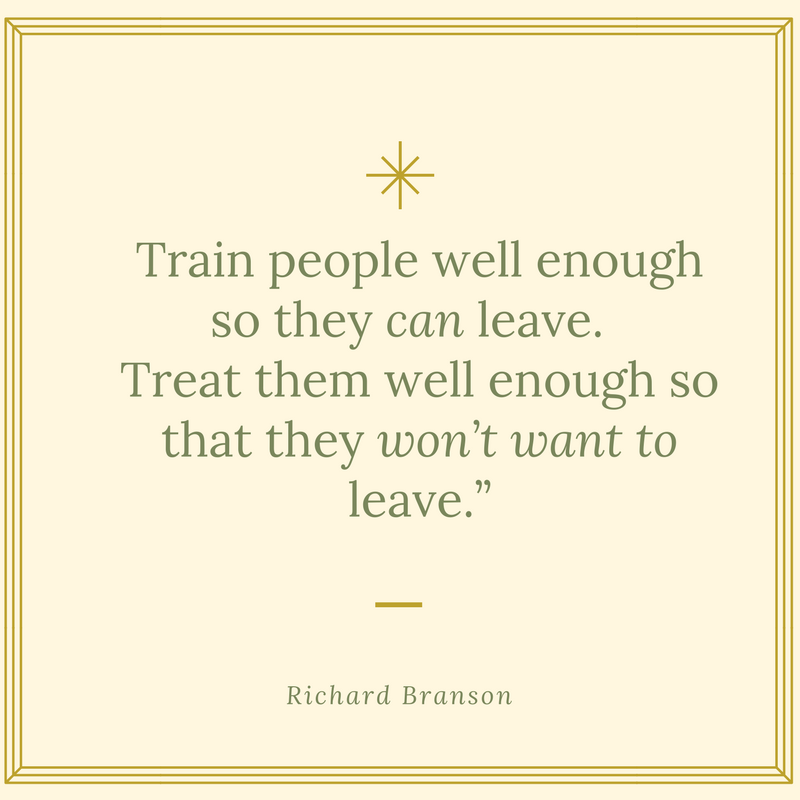David James - Full-time finance career to flexible contracting
"Freedom is important to me. The shackles and small print of long-term incentive programs don’t work for me. I want to get paid for doing good work – it’s that simple.”
“I put family first in nearly every time conflict.”
David James - photo taken by his son
Career overview:
David qualified as an ACA and had an audit career in London and Budapest with KPMG before realising that partnership was not on the cards for him. He moved to the world of finance within industry and progressed onwards and upwards in large corporates before changing his pattern of work. He has three children (now 11-16).
What triggered a change?
When David’s youngest child was a baby, David had started in a job that was not working out well. Even though he worked only 5 miles away from his home, he was rarely able to make it home to put the children to bed. He was often at work until 8-9pm or even later. A helpful HR manager advised him to consider contracting work which she thought might be a way he could aim for “that lifestyle choice”. He mulled the idea over.
First steps?
After he had resigned from that unhappy job in 2007, David was offered a contracting role and found that it fitted with his work and life expectations. Then, when that ended just as the banking crisis hit, the only work available seemed to be on a contracting basis so he carried on contracting and liked it.
What David learned?
“I enjoyed the freedom. I was only there because I wanted to be there and because the company had asked me to do a specific piece of work. I enjoyed being needed and I felt like I was solving problems. I also enjoyed never having to ask anyone’s permission to take a half-day off to go to my children’s school plays when they were in primary school – if it fitted with the client’s needs I would simply say I would be taking some time off and, of course, didn’t charge for that time.”
“I put family first in nearly every time conflict.”
“Day rates were good enough even in 2009 to compare reasonably with permanent work, especially when the taxes on contractors were then noticeably lower, but I hadn’t ruled out the idea of returning to a permanent role until I attended an interview for one. During that interview, I started to feel claustrophobic as I began to envisage their holiday calendar. It was at that point that I realised I didn’t want permanent employment, to have my free time rationed and permitted only when it suited an employer, and the idea of running the same annual cycle for the foreseeable future didn’t appeal.”
“Freedom is important to me. The shackles and small print of long-term incentive programs don’t work for me. I want to get paid for doing good work – it’s that simple.”
Contractors are often treated with more respect than permanent staff. There is no assumption that they own you because clients know you can leave if they behave unreasonably, so they tend to be careful of making unreasonable requests in a way that doesn’t always apply to permanent staff. Of course, the same lack of permanence means the client can let a contractor go if they are not happy with them, but that is something I can influence by doing a good job.”
“I like the more task-focused work that an interim tends to do. It is satisfying because I am there to help with a problem and not to be distracted by lots of meetings and internal politics, and every assignment means another achievement on my CV. I had been concerned that the roles would all require only existing experience and not allow growth, but working in many companies and resolving varied issues has broadened my experience to make me more marketable.”
“It’s important to work out what you enjoy doing and see if that is a niche that would work within your market. I enjoy financial reporting and multi-currency consolidations and there’s a good market for those skills in and around Surrey. Talking to trusted advisors on positioning yourself to companies was very helpful. Building long-term relationships with agents who want to get to know you beyond the financial benefit to them has also been crucial to my success.”
How does it feel on the days you know you’ve made the right decision?
"I sleep well at night knowing that my experience allows me to walk into all sorts of problems and to figure out a way to solve them. I see problems as challenges now.”
“Every day I work as a contractor I KNOW I am better off than I was doing a permanent role.”
“Lots of the work I do is within international companies so I get to speak to people all over the world and learn cultural insights that I’d never have known otherwise. I can take the time to get under their skin, which in turn helps me to do better work.”
Regrets?
“No..none. Even the bad experiences have been part of the path to where I am.“
Find out more about David by clicking here or reviewing his linked in profile: https://www.linkedin.com/in/david-james-fca-35363711/



